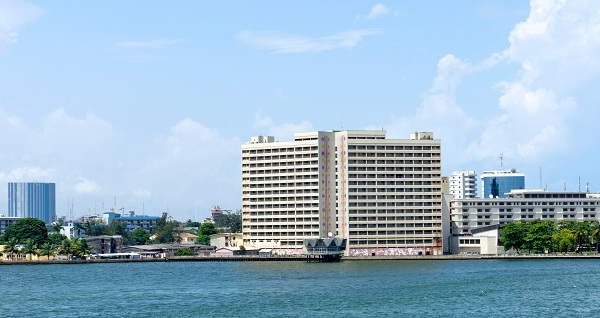
- Nigeria demands Binance user data amid naira speculation.
- Binance executives detained in Abuja, diplomatic tensions rise.
- International response to detention adds complexity to conflict.
As Nigeria grapples with economic challenges, including currency devaluation, it is pressing Binance for crucial user data amid accusations of currency speculation.
The country intensified its crackdown on cryptocurrency activities with the detention of two Binance executives sparking a stand-off between the country and the exchange.
Seeking top 100 user data and transaction history
The Nigerian government is demanding comprehensive information from Binance, including data on its top 100 users and transaction histories spanning the past six months. These demands coincide with Nigeria’s push to stabilize its currency, the naira, which has faced significant devaluation.
Authorities in Nigeria have accused Binance of facilitating currency speculation and undermining the central bank’s authority in determining exchange rates.
President Bola Tinubu’s administration has introduced market-friendly reforms to attract foreign investment but views cryptocurrency exchanges as a threat to these efforts.
The government’s crackdown on Binance and other platforms underscores its determination to restore confidence in the naira and curb economic instability.
Detention of Binance executives
The detention of two senior Binance executives, Nadeem Anjarwalla and Tigran Gambaryan, has added a diplomatic dimension to the conflict.
The executives were detained in Abuja, Nigeria’s capital, and have been held for over two weeks without being formally charged. Despite their detention, efforts to secure their release are ongoing, with both the UK Foreign Office and the US Embassy in Abuja monitoring the situation.
Anjarwalla and Gambaryan’s detention highlights the challenges faced by cryptocurrency professionals operating in regulatory grey areas. Their status as citizens of Western allies has prompted concerns about diplomatic tensions between Nigeria, the UK and the US.
While Nigeria asserts its sovereignty in enforcing regulations, the detention of foreign nationals raises questions about legal due process and diplomatic protocols.
The detention of the Binance executives is seen as a tactic to pressure the exchange into compliance with Nigeria’s regulatory demands. However, it also underscores the broader implications of the conflict, including concerns about investor confidence and the international perception of Nigeria’s regulatory environment.
Amidst the stand-off, the fate of Binance’s operations in Nigeria remains uncertain. The exchange’s decision to remove support for trading in the naira reflects the challenges posed by regulatory scrutiny.
As negotiations between Nigeria and Binance continue, the outcome will likely have ripple effects on the cryptocurrency industry and diplomatic relations between Nigeria and Western countries.

